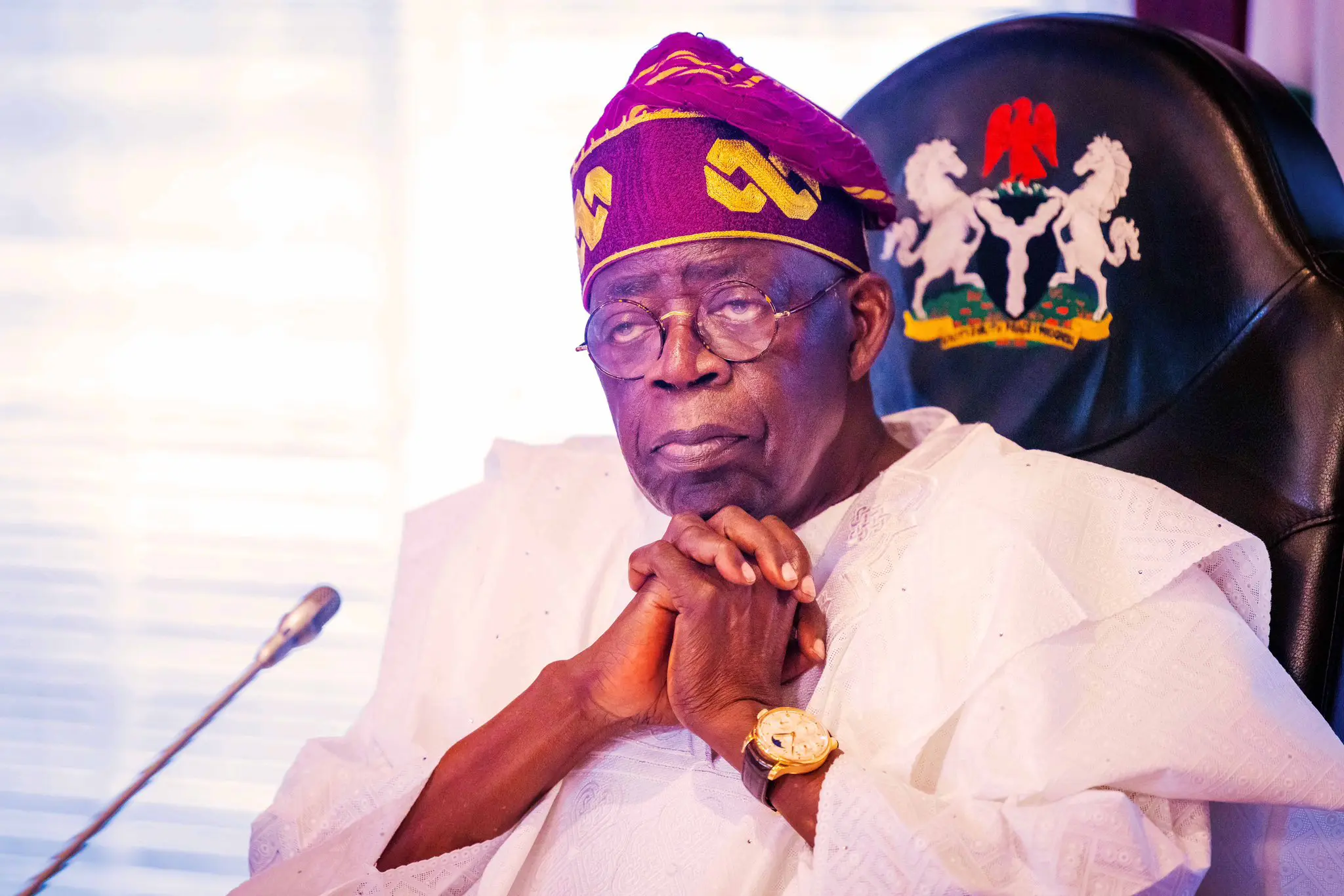The planned increase of the Value Added Tax (VAT) from 7.5 per cent to 10 per cent, beginning from 2025, and 15 per cent by 2027, is a demonstration of the federal government’s insensitivity to the plight of Nigerians. The Presidential Committee on Fiscal Policy and Tax Reforms, headed by Mr. Taiwo Ayodele, submitted the proposal to President Bola Ahmed Tinubu recently, and there are reports that a Bill to amend the Finance Act 2023 to reflect the new regime may be sent to the National Assembly for passage into law.
To begin with, this new move is contrary to the 2017 National Tax Policy, which requires that tax policies and laws should not be amended at random. It says tax policies or laws should be long-term focused and tenured to ensure certainty. The policy requires that stakeholders must be engaged before new laws are enacted and that a proper transition period is set. It further requires that incentives for tax increase must be broad, transparent, properly monitored, evaluated and periodically reported. The policy says further that efforts must be put in place to reduce the number of taxes, and deliberate steps should be taken to avoid multiple taxation. The presidential committee’s initiative, coming just 15 months after Buhari signed the Finance Act 2023 on May 1, 2023, runs contrary to this policy.
Though the Minister of Finance, Mr. Wale Edun, has refuted the story of VAT increase, the government would need to do a lot more to convince Nigerians that it is not planning to put an additional tax burden upon them in the next few months. As a way of saying the new tax hike will not be too harsh on the people, the tax committee chairman claimed that new measures would be put in place to remove VAT payment on some goods and services, like basic supplies such as food, healthcare, education, housing and public transport. He talked about phasing out a number of sundry consumption taxes; and that a process of speedier VAT credit refunds would also be introduced, among other measures.
The impending policy is another lazy and fossilized idea being lifted from the Bretton Woods literature on economic reform. Over the years, the International Monetary Fund (IMF) has argued that Nigeria collects less than one per cent of its Gross Domestic Product (GDP) from VAT, as against an average of about four per cent collection by other West African countries. The IMF had suggested that Nigeria’s VAT rate should be increased to between 10 per cent and 15 per cent, but that “exemptions should be limited, well-targeted and follow equity considerations.” It recommended that the vulnerable in the society should be shielded through “targeted social transfers.” The Tinubu government is apparently following these prescriptions.
- Flood: Borno announces reliefs account, urges donation for victims
- X-raying many missed deadlines of Port Harcourt refinery resumption
From available data, VAT was introduced in Nigeria by the military government’s Decree 102 of 1993; its implementation began in 1994, effectively replacing the sales tax introduced by Decree 7 of 1986. However, since its introduction, VAT has become the fastest growing tax revenue head in Nigeria. In 2020, for instance, VAT collection claimed the top spot at N1.53 trillion, displacing even the Petroleum Profit Tax (PPT), which was N1.52 trillion, and Company Income Tax (CIT), put at N1.41 trillion. It is disturbing that government is bent on increasing VAT instead of looking into how to enhance collection from other taxes, like personal income tax, property taxes, stamp duties, import and excise duties, and even payments of PPT and CIT.
The Presidential Committee is not unaware of the problem with tax collection in Nigeria. It is not about Nigerians paying less VAT rate to GDP. Rather, the main issue is the leakages that channel tax collected into the private pockets of civil servants and tax consultants. The presidential committee, instead of echoing the IMF’s prescriptions, should come up with a pragmatic strategy to block the channels used by civil servants to enrich themselves with funds meant for the development of Nigeria.
The second issue ignored by the presidential committee is how to rein in many wealthy Nigerians who rarely pay tax. In developed societies, there is a shift in emphasis for tax collection from wealthy billionaires and huge multinationals who make excess wealth from the services they provide to the population. Here, the wealthy owners of enterprises are granted undeserved tax waivers in the name of encouraging entrepreneurship while the poor are made poorer through the removal of subsidy on petroleum products, devaluation of the Naira, increases in the pump prices of petrol and electricity tariffs, etc.
The argument, comparing VAT collection to GDP in Nigeria with those of other countries, is totally unacceptable because Nigeria does not have the same social safety nets that others have. Nigerians pay for their healthcare, education, water, transportation, security and other essentials. It is unfair to impose more taxes on the people who are already groaning from the burden of living under this harrowing condition.

 Join Daily Trust WhatsApp Community For Quick Access To News and Happenings Around You.
Join Daily Trust WhatsApp Community For Quick Access To News and Happenings Around You.


